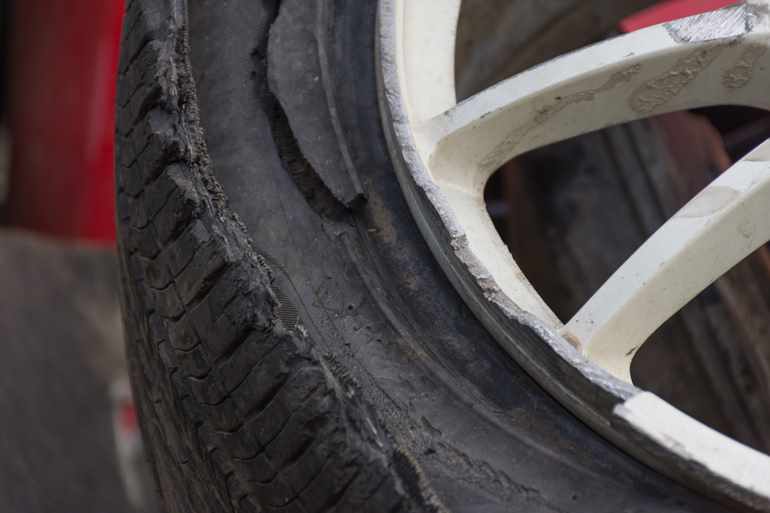Tire and wheel insurance, often called road hazard protection, is a supplemental insurance that covers the repair or replacement costs for tires and wheels damaged by unforeseen road hazards like potholes, nails, or debris. While tire and wheel insurance comes at an extra cost, many drivers wonder if the investment is truly worthwhile. Here’s a closer look at the benefits, considerations, and who might benefit most from this type of coverage.
1. What Does Tire and Wheel Insurance Cover?
Typically, tire and wheel insurance covers damages caused by road hazards that standard car insurance policies don’t include. This can involve punctures, sidewall damage, or cracks caused by hitting debris or potholes. Many plans also cover mounting, balancing, and labor costs, and some provide additional perks like roadside assistance or towing in case of a flat tire.
2. Benefits of Tire and Wheel Insurance
Financial Protection: Tires and wheels can be costly to repair or replace, especially with premium or performance tires. A single replacement tire can cost hundreds of dollars, while alloy or specialty wheels are even pricier. Insurance can significantly offset these costs.
Peace of Mind: Road hazards are unpredictable, and drivers may encounter them in city driving or rural areas. With insurance, drivers gain peace of mind knowing they won’t face unexpected expenses due to road damage.
Roadside Assistance: Many tire and wheel insurance plans include roadside assistance or towing, which is helpful if a flat or damaged tire leaves you stranded.
3. Is Tire and Wheel Insurance Worth It for Everyone?
While tire and wheel insurance offers valuable protection, it may not be essential for all drivers. Here’s when it’s most beneficial:
Frequent Drivers: Drivers who cover long distances or travel on poor road conditions, like construction zones or rural areas, are at higher risk for tire damage. For them, the extra protection may be worthwhile.
Luxury and Sports Car Owners: High-performance vehicles often use low-profile tires, which are more susceptible to road damage and are costly to replace. The insurance helps cover these higher costs.
New Tire Purchasers: If you’ve recently invested in new or premium tires, insurance can help protect that investment, especially during the first year when the risk of damage is highest.
Conclusion
Tire and wheel insurance can be worthwhile for drivers frequently exposed to road hazards or those with expensive, specialized tires. However, for drivers who encounter minimal road hazards or whose tires are easily replaced at a lower cost, the expense of tire and wheel insurance might not justify the investment. Before purchasing, consider your driving habits, the quality of roads you frequent, and your tire replacement costs.
